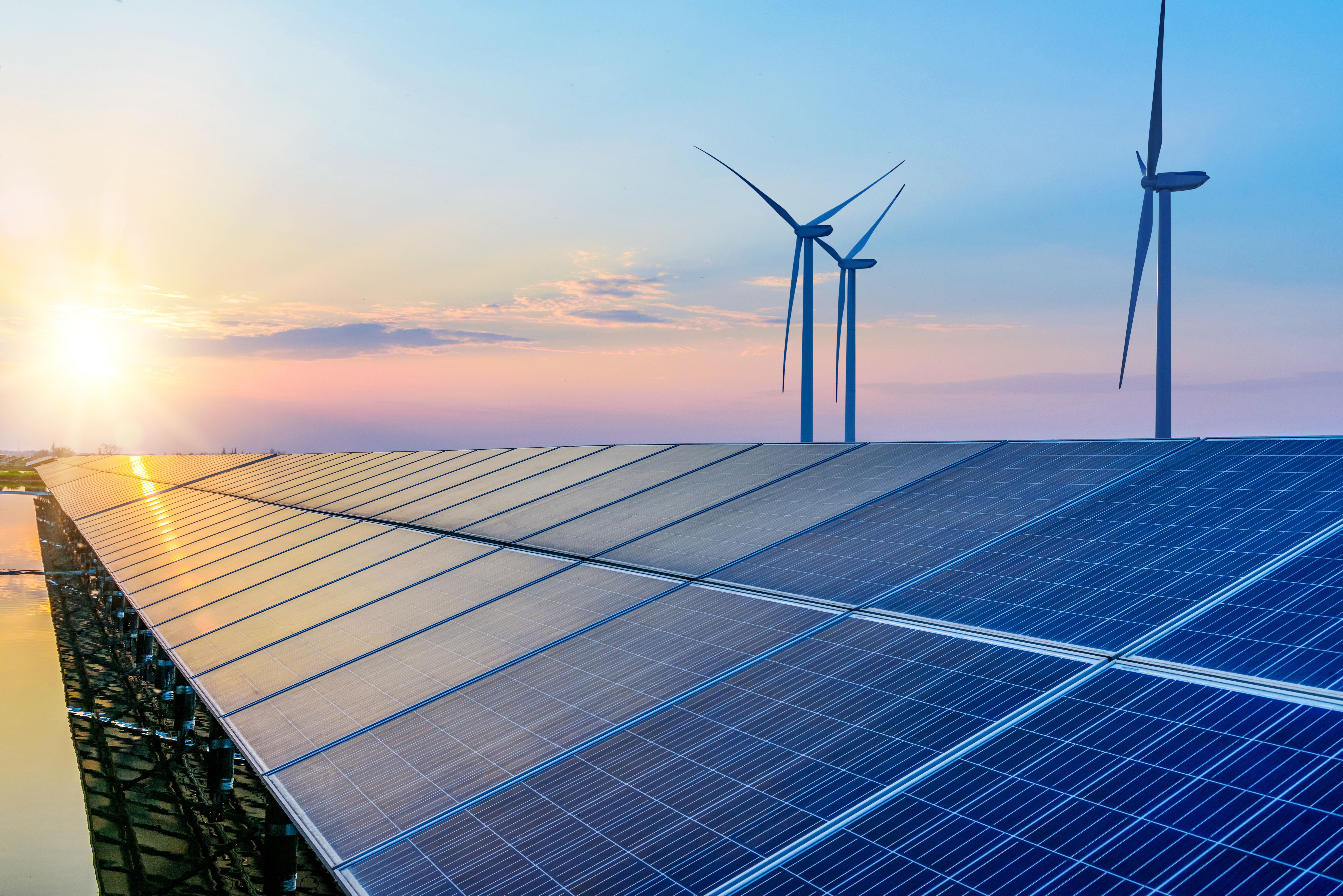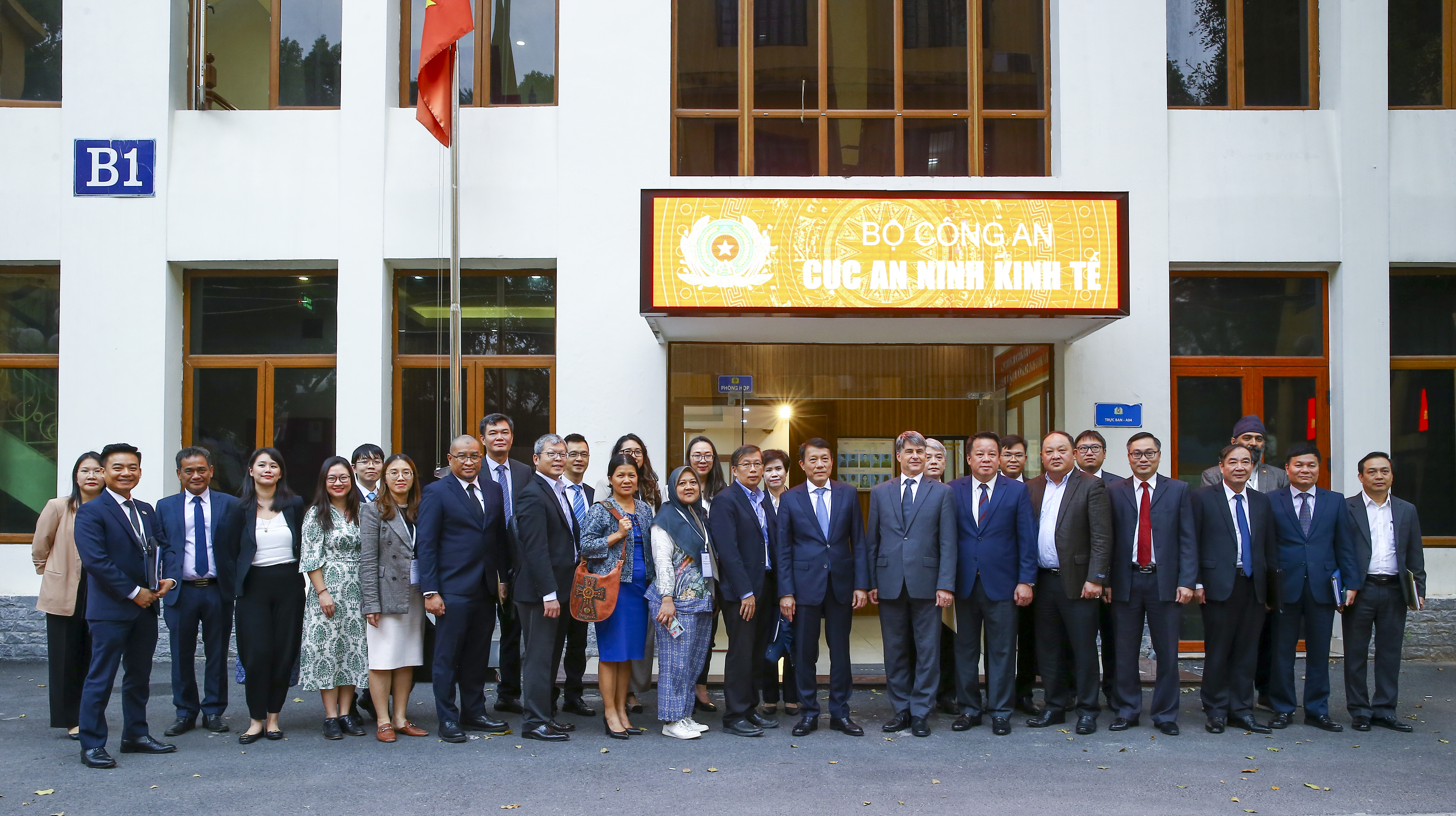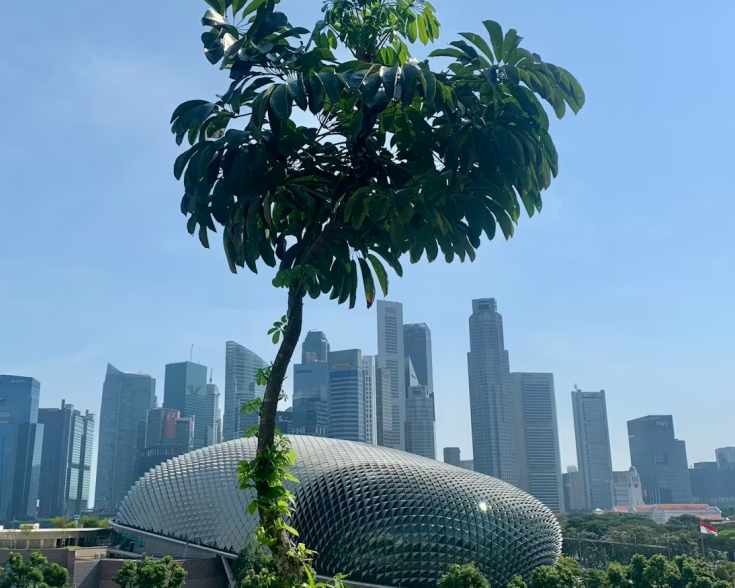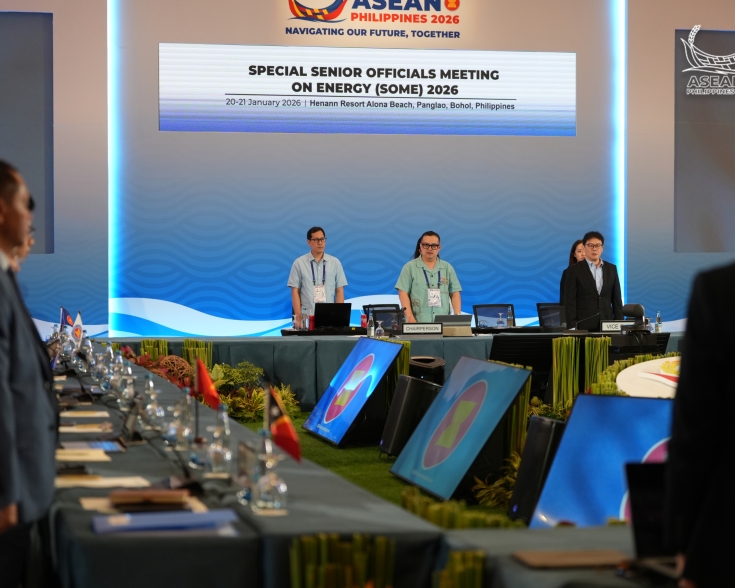Vietnam on its way to green energy transition with challenges on the path to action

The recent approval of the Power Development Plan 8 (PDP8) by the Vietnamese government demonstrates Vietnam’s ambitions as one of the world's largest coal consumers to transition the current coal-reliant energy sector to more sustainable energy sources. In addition to the PDP8, Vietnam is set to launch a carbon trade exchange in 2028, implemented by the Ministry of Natural Resources and Environment. This market infrastructure will enhance the efforts to connect and facilitate the exchange of carbon credits between Vietnam and regional as well as international markets, promoting collaboration and engagement in carbon trading activities. As part of the plan, Vietnam will prioritize the development of regulations on managing carbon credits and facilitating the exchange of greenhouse gas emission quotas and carbon credits until the end of 2027.
The Just Energy Transition Partnership (JETP) also stands out as another key focal point in Vietnam's green transition. JETP is considered an important financial imitative for increased investment into green technologies and is deemed essential for achieving the goals outlined in PDP8. The Ministry of Foreign Affairs and UNDP recently hosted an international workshop to promote cooperation, knowledge transfer, and experience sharing in the just energy transition with the presence of senior government representatives from the three countries with JETPs, namely South Africa, Indonesia, and Vietnam, as well as representatives from other seven developing countries with a strong interest in the energy transition. During the workshop, representatives from UNDP emphasized the importance of governments creating favorable conditions for private investment through transparent regulations, pricing regimes, and strategic public investments in essential infrastructure. However, Vietnam’s green transition also faces challenges such as the need for new infrastructure investments and the lack of funding and management experience at the local level. The discontinuation of solar energy production subsidies and restrictions on direct purchase of renewable energy further hinder green investment and have contributed to power shortages amid increased demand.




![Cover-[USABC-Final]-Driving-ASEAN-Unity-Malaysia's-Vision-for-2025](/sites/default/files/2025-07/Cover-%5BUSABC-Final%5D-Driving-ASEAN-Unity-Malaysia%27s-Vision-for-2025.jpg)


